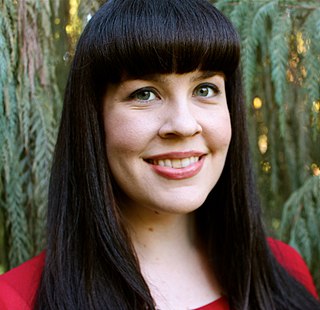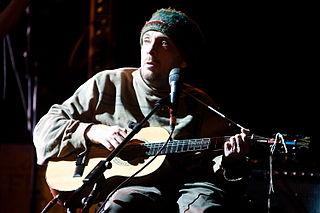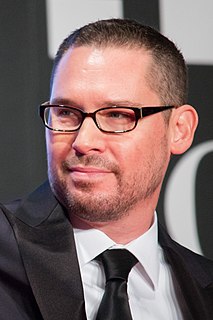A Quote by Caitlin Doughty
Writing a memoir is such a private, personal experience that it's intimidating to think of adapting it for television.
Related Quotes
In terms of style, I think the memoirist should have a novelist's skill and all the elements of a novelist's toolbox. When I read a memoir, I want to really, deeply experience what the author experienced. I want to see the characters and hear the way they speak and understand how they think. And so in that way, writing a memoir feels similar to writing a novel.
I find it interesting that people often seem to believe that authors of realistic fiction are directly translating their personal experiences into their work. The fact is that telling a story is a transformative experience. There is rarely a one-to-one translation onto the page unless you're writing memoir, and even then, memory is unreliable. I think that the best books feel emotionally true, and that truth has to be rooted in real-world experience.
I think television is moving more into movies, particularly with serialization and almost cinematic proportions and expectations. A show like 'Game of Thrones' is a perfect example of that, or even a show like 'The Wire,' which isn't all about instant gratification it's about inviting someone into the long experience of television the way you'd be invited into a theater for two hours. So I think in that way, and the quality of writing in television is probably much better than most film writing.
Now the truth is, writing is a great way to deal with a lot of difficult emotional issues. It can be very therapeutic, but that's best done in your journal, or on your blog if you're an exhibitionist. Trying to put a bunch of *specific* stuff from your personal life into your story usually just isn't appropriate unless you're writing a memoir or a personal essay or something of the sort.
I you're writing memoir, but it even comes up in fiction. People just assume that you're writing thinly veiled autobiography. And particularly, I think, for people of color, our work is always seen as kind of anthropological artifact regardless. So, there's always going to be that assumption, but even more so in a memoir because often the names aren't even changed. It is easier to verify.
Memoir is trustworthy and its truth assured when it seeks the relation of self to time, the piecing of the shards of personal experience into the starscape of history's night. The materials of memoir are humble, fugitive, a cottage knitting industry seeking narrative truth across the crevasse of time as autobiography folds itself into the vast, fluid essay that is history. A single voice singing its aria in a corner of the crowded world.
You put these politicians in office, but then you've got to tell them what you want them to do. And it's intimidating to most people. I was intimidated by it. I mean, calling my senator or writing my senator? I'm like, what do I say? What do I do? But we're showing people that the political process is actually less intimidating than we think.





































